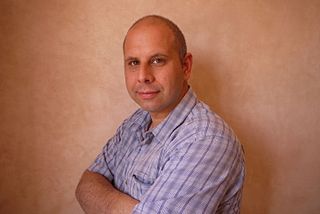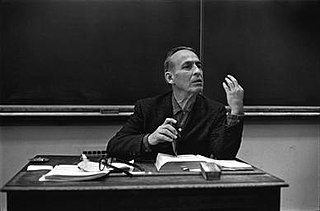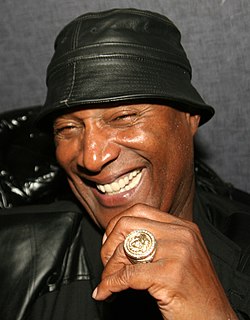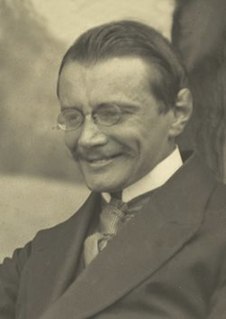A Quote by Tahir Shah
In some peculiar way, indeed, the rules were now beginning to seem quite logical. It was then I knew that I had been in India long enough.
Related Quotes
Odd, she thought, how intensely you knew a person, or thought you did, when you were in love - soaked, drenched in love - only to discover later that perhaps you didn't know that person quite as well as you had imagined. Or weren't quite as well known as you had hoped to be. In the beginning, a lover drank in every word and gesture and then tried to hold on to that intensity for as long as possible. But inevitable, if two people were together long enough, that intensity had to wane.
Distances and days existed in themselves then; they all had a story. They were not barriers. If a person wanted to get to the moon, there is a way; it all depended on whether you knew the directions, on whether you knew the story of how others before you had gone. He had believed in the stories for a long time, until the teachers at Indian school taught him not to believe in that kind of "nonsense". But they had been wrong.
I had as yet no notion that life every now and then becomes literature—not for long, of course, but long enough to be what we best remember, and often enough so that what we eventually come to mean by life are those moments when life, instead of going sideways, backwards, forward, or nowhere at all, lines out straight, tense and inevitable, with a complication, climax, and, given some luck, a purgation, as if life had been made and not happened.
Obviously I've been reading Kafka for a long long time, since I was really young, and even before I ever read him I knew who he was. I had this weird sense that he was some kind of family. Like Uncle Kafka. Now I really think of him that way, the way we think about an uncle who opened up some path for being in a family that otherwise wouldn't have existed. I think of him that way as a writer and a familial figure.
If you go to a master to study and learn the techniques, you diligently follow all the instructions the master puts upon you. But then comes the time for using the rules in your own way and not being bound by them....You can actually forget the rules because they have been assimilated. You are an artist. Your own innocence now is of one who has become an artist, who has been, as it were, transmuted.... You can't have creativity unless you leave behind the bounded, the fixed, all the rules.
I knew that's where I was going. I knew we were going to Italy. You couldn't make this movie in America at this price. I knew it was going to be big. I knew there was going to be a ship involved and that there was going to be a set as big as the ship. I thought, well, here we go. But I knew that was where he was headed. He had been going this way for some time. All directors, once they have some success, they want to spend a whole heck of a lot of money. (Something else can't hear.)
And so they lived many happy years, and the promised tasks were accomplished. Yet long afterward, when all had passed away into distant memory, there were many who wondered whether King Taran, Queen Eilonwy, and their companions had indeed walked the earth, or whether they had been no more than dreams in a tale set down to beguile children. And, in time, only the bards knew the truth of it.
In my own field, x-ray crystallography, we used to work out the structure of minerals by various dodges which we never bothered to write down, we just used them. Then Linus Pauling came along to the laboratory, saw what we were doing and wrote out what we now call Pauling's Rules. We had all been using Pauling's Rules for about three or four years before Pauling told us what the rules were.
She went out and took a last long look at the shabby little library. She knew she would never see it again. Eyes changed after they looked at new things. If in the years to be she were to come back, her new eyes might make everything seem different from the way she saw it now. The way it was now was the way she wanted to remember it.
You have perhaps waited for years to be freed from some need. For a long, long time you have looked out from the darkness in search of the light, and have had a difficult problem in life that you have not been able to solve in spite of great efforts. And then, when the time was fulfilled and God's hour had come, did not a solution, light, and deliverance come quite unexpectedly, perhaps quite differently than you thought?



































